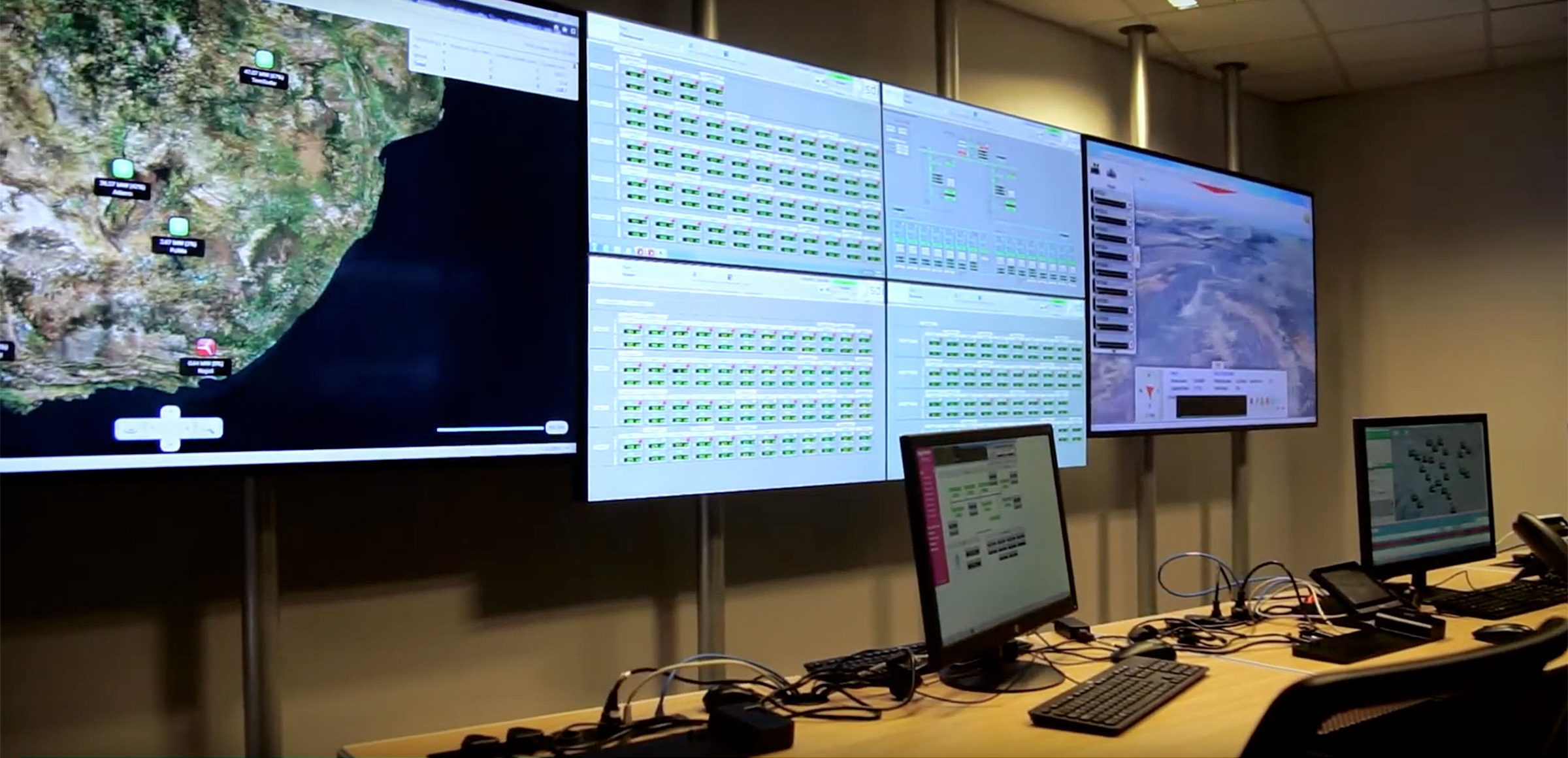
Revolutionizing Energy Control: Innovative Solutions for Efficiency
In a world increasingly reliant on energy, innovative solutions for efficient energy control are more crucial than ever. Explore cutting-edge technologies and strategies that promise to revolutionize the way we manage and consume energy.
Smart Grids and Advanced Metering Systems
The foundation of innovative energy control lies in the implementation of smart grids and advanced metering systems. Smart grids enable two-way communication between utilities and consumers, allowing for real-time data exchange. Advanced metering systems provide detailed insights into energy consumption patterns, fostering more informed decision-making for both consumers and utility providers.
IoT Integration for Real-Time Monitoring
The Internet of Things (IoT) plays a pivotal role in revolutionizing energy control. Connected devices and sensors facilitate real-time monitoring of energy usage. This level of granularity allows for immediate identification of inefficiencies and enables automated adjustments to optimize energy consumption. From smart homes to industrial facilities, IoT integration is transforming the way we interact with and control energy systems.
Machine Learning Algorithms for Predictive Analysis
Machine learning algorithms are making waves in the energy sector by offering predictive analysis capabilities. These algorithms analyze historical data to forecast future energy consumption patterns. By anticipating peak usage times and identifying potential issues, energy control systems can proactively adjust settings to enhance efficiency, reduce waste, and lower costs.
Energy Storage Solutions for Peak Demand Management
Innovative energy control extends to managing peak demand effectively. Energy storage solutions, such as advanced batteries and grid-scale storage systems, enable the capture and storage of excess energy during periods of low demand. This stored energy can then be released during peak times, reducing strain on the grid and ensuring a more stable and sustainable energy supply.
Blockchain Technology for Transparent Transactions
Blockchain technology is not limited to cryptocurrencies; it has the potential to revolutionize energy transactions. By providing a decentralized and transparent ledger, blockchain ensures the integrity and traceability of energy transactions. This innovation promotes trust between energy producers and consumers, paving the way for more efficient and secure energy trading systems.
Decentralized Energy Generation with Microgrids
Microgrids represent a shift toward decentralized energy generation. These smaller-scale, self-sufficient energy systems can operate independently or in conjunction with the main grid. By integrating renewable energy sources and employing local energy storage, microgrids enhance resilience, promote sustainability, and contribute to more efficient energy control within specific communities or facilities.
Energy-Efficient Building Designs and Technologies
Innovative energy control begins at the foundation of our living and working spaces. Energy-efficient building designs and technologies, including smart HVAC systems, lighting controls, and insulation materials, reduce overall energy consumption. These innovations not only benefit the environment but also lead to significant cost savings for building owners and occupants.
Electrification of Transportation for Reduced Emissions
The transportation sector is a significant contributor to energy consumption and emissions. Electrification of transportation, through electric vehicles (EVs) and efficient public transportation systems, represents a crucial aspect of innovative energy control. By transitioning to electric-powered transportation, we reduce our reliance on fossil fuels and decrease the overall carbon footprint.
Government Policies Driving Innovation
Government policies play a pivotal role in driving innovation in energy control. Incentives, regulations, and subsidies encourage businesses and consumers to adopt energy-efficient technologies. These policies create a supportive environment for the development and implementation of innovative solutions that contribute to a more sustainable and resilient energy infrastructure.
Embracing Innovation for a Sustainable Future
As we navigate the challenges of a rapidly evolving energy landscape, embracing innovative energy control solutions is imperative. From smart grids to blockchain transactions and decentralized generation, these innovations promise a more efficient, resilient, and sustainable future. Join the movement towards Innovative Energy Control by exploring more at Innovative Energy Control.


